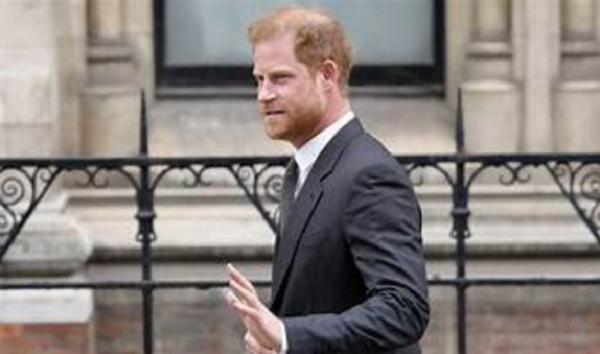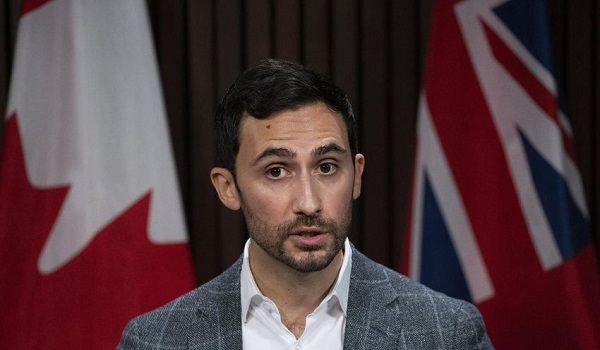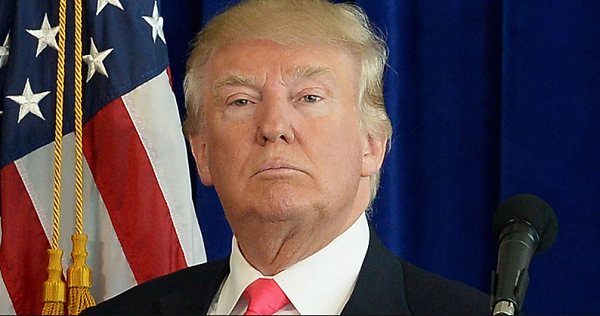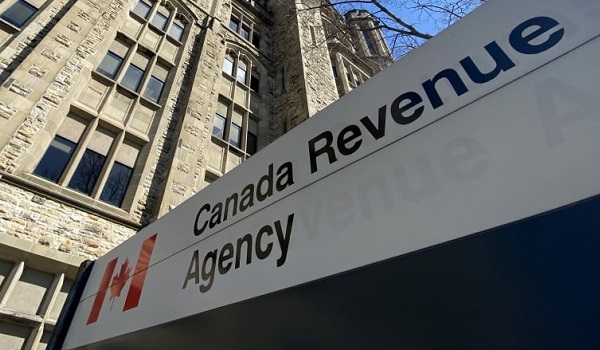Prince Harry wins ‘significant’ damage libel case against British tabloid publisher
The Duke of Sussex has scored a partial victory in his ongoing legal battle with Britain’s tabloid press over allegations journalists hacked his cellphone.
On Friday, a High Court judge found that there had been “extensive and habitual” phone hacking between 1996 and 2006 by journalists at the Mirror Group Newspaper Ltd., or MGN, which publishes the Daily Mirror, Sunday Mirror and Sunday People.
In his ruling, Mr. Justice Timothy Fancourt said that journalists at the newspapers intercepted voicemail messages and used other deceptive practices to obtain personal information about Prince Harry. The information was included in 15 of 33 articles published 1996 and 2009.
“I consider that his phone was only hacked to a modest extent, and that this was probably carefully controlled by certain people at each newspaper,” Mr. Justice Fancourt said.
However, the judge said journalists from the newspapers were far more likely to hack the phones of Harry’s friends, including his former girlfriend Chelsy Davy. Most of the 15 articles that relied on hacking were about Harry’s on and off relationship with Ms. Davy between 2004 and 2010.
“She and her family and friends were clearly not considered off limits and I am satisfied that she was subjected to UIG [unlawful information gathering] and VMI [voicemail interception] regularly as a means of obtaining information about their relationship and the Duke’s life,” the judge said.
Mr. Justice Fancourt awarded Prince Harry £140,600, or around $240,000, “for the distress that he suffered as a result of the unlawful activity directed at him and those close to him.”
The judgment could have far-reaching implications for MGN. Around 100 celebrities have filed civil claims against the company and four – Harry’s and three others – were selected as a test case.
In his ruling, Mr. Justice Fancourt upheld some of the phone hacking claims made by the others — actors Nikki Sanderson and Michael Turner, as well as Fiona Wightman, the former wife of comedian Paul Whitehouse. The judge awarded Mr. Turner £31,650 in damages but he dismissed Ms. Sanderson’s and Ms. Wightman’s cases because they filed their lawsuits too late. By law, the suits must be filed within six years of the allegations taking place.
In a statement read by his lawyer after the ruling, Prince Harry welcomed the decision and said it was “a great day for truth as well as accountability.”
“This case is not just about hacking, it is about a systemic practice of unlawful and appalling behaviour, followed by cover-ups and destruction of evidence the shocking scale of which can only be revealed through these proceedings,” Harry added.
He also called on financial regulators and the police to investigate bringing charges against the company and the individuals responsible for the hacking.
“Today’s ruling is vindicating and affirming,” he said. “I’ve been told that slaying dragons will get you burned, but in light of today’s victory and the importance of doing what is needed for a free and honest press, it is a worthwhile price to pay. The mission continues.”
The Mirror group said the ruling will give the company “the necessary clarity to move forward from events that took place many years ago.”
“Where historical wrongdoing took place, we apologize unreservedly, have taken full responsibility and paid appropriate compensation,” the company said in a statement.
Prince Harry has never been shy about his loathing of tabloid journalism. He has blamed relentless reporting for the death of his mother, Diana, and said that harassment by the press caused him and his wife, the Duchess of Sussex, to break with the Royal Family. The Duke has frequently referred to journalists as ruthless, toxic, sadists, dweebs, bullies and the devil. And he has vowed that his life’s mission is to reform “the media landscape in the U.K.”
The phone-hacking scandal surfaced in 2006 and led to several criminal convictions, a public inquiry and the closure of News of the World in 2011. MGN and other companies have paid out more than £100-million to settle claims from hundreds of victims.
In his lawsuit against MGN, Harry alleged that reporters used illicit tactics in nearly 150 articles published between 1996 and 2010.
Mr. Justice Fancourt narrowed the list down to 33 articles, including stories about Harry’s girlfriends, tales of alleged drug use and rumours that his biological father was James Hewitt, a friend of the Prince’s mother, Diana, the former Princess of Wales who died in 1997.
During the seven-week trial last spring, Harry spent two days on the witness stand. It was the first time a senior member of the Royal Family had testified in court since 1890, when the Prince of Wales, who later became King Edward VII, testified in a slander case involving allegations that one of his friends cheated in a card game.
In his ruling, Mr. Justice Fancourt took issue with parts of Harry’s testimony. He said the prince spent most of the time making an argument “against the vicissitudes of the press” and didn’t focus on providing factual evidence.
“There was a tendency for the Duke in his evidence to assume that everything published was the product of voicemail interception because phone hacking was rife within Mirror Group at the time,” he said. “But phone hacking was not the only journalistic tool at the time, and his claims in relation to the other 18 articles did not stand up to careful analysis.”
Nonetheless, the judge noted the intense competition among tabloid reporters and said that phone hacking was an important tool to generate scoops.
The tabloids were “obsessed with stories about the Royal family and about Prince Harry in particular, which doubtless reflected the apparent public appetite for information about his successes and failures, his career, and in particular his love life,” the judge said.
He also rejected arguments by MGN’s lawyers who said that while its journalists had engaged in phone hacking in the past, they had not targeted Prince Harry or relied on hacking for the 33 articles.
“The Duke has been one of the most important story lines in town for much of his life, and remains so,” the judge said. “The idea that MGN carefully eschewed in his case what had become a primary journalistic tool – which it otherwise used on a widespread and habitual basis – is unconvincing.”
He also found that editors at the newspapers and two senior executives — Paul Vickers, group legal director, and Sly Bailey, the chief executive officer — knew about the hacking but failed to tell the company’s board of directors. “The likelihood of extensive illegal activity should have been investigated properly by Ms. Bailey and Mr. Vickers, at the latest in early 2007, but it never was,” the judge said.
This article was reported by The Globe and Mail















